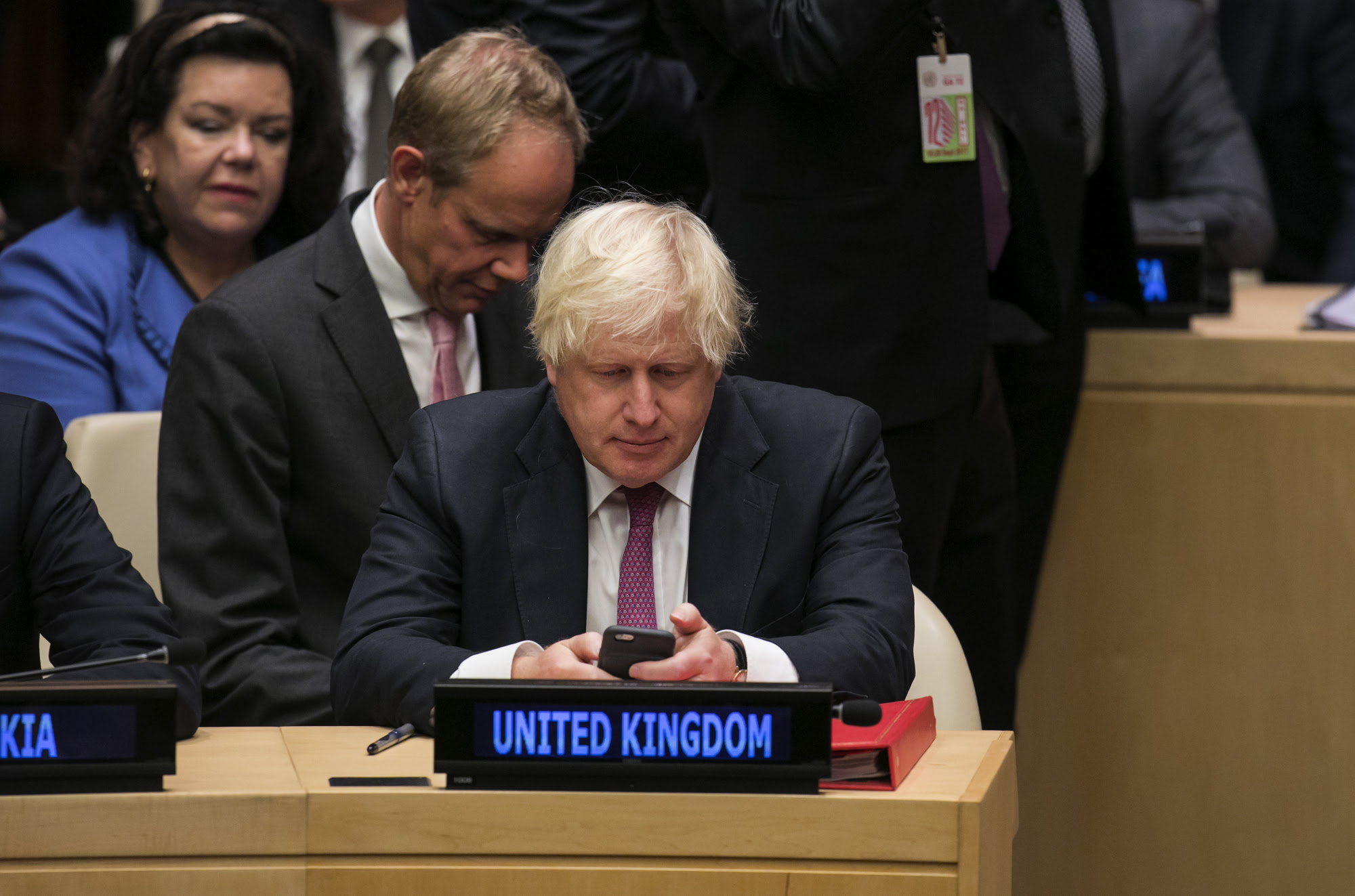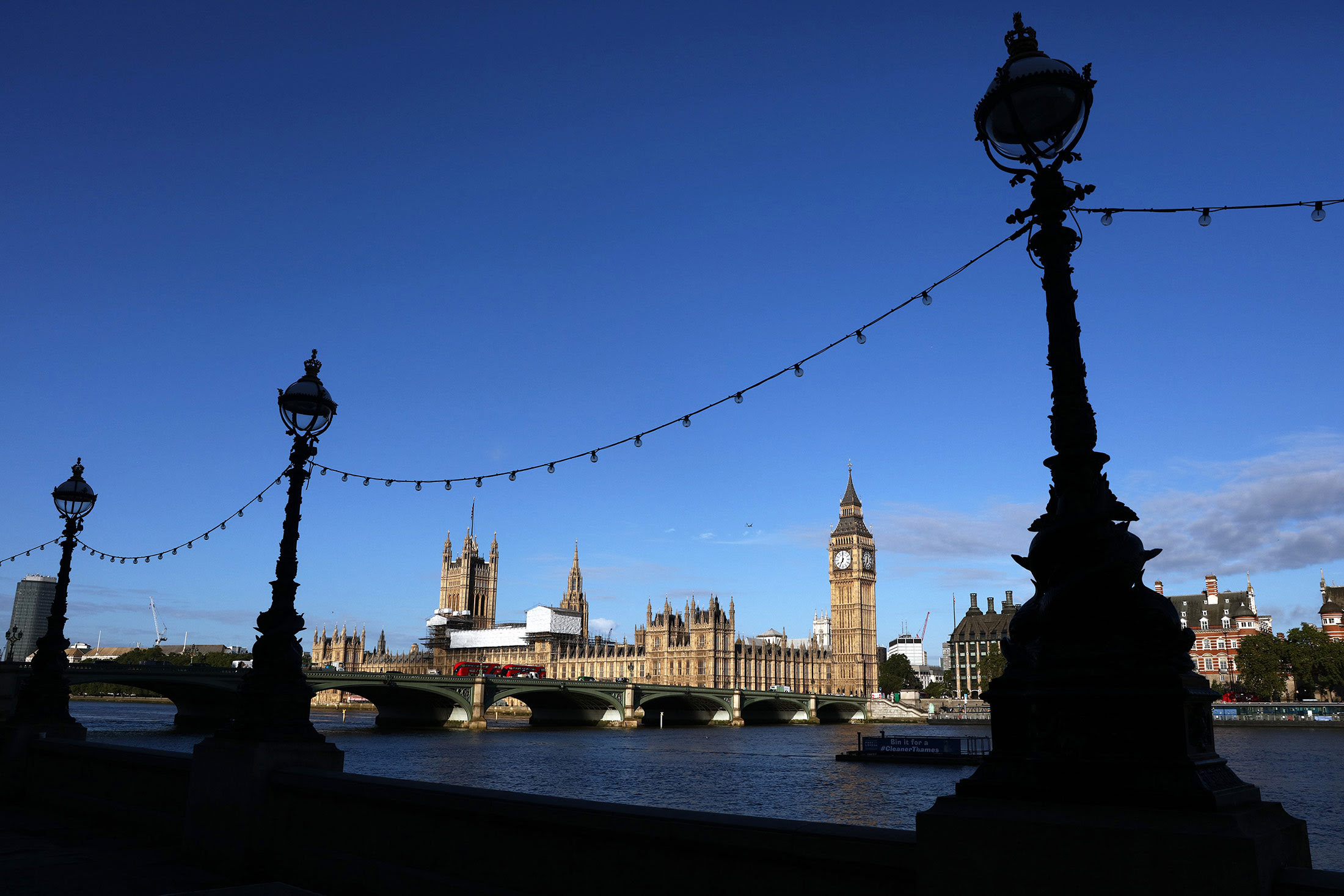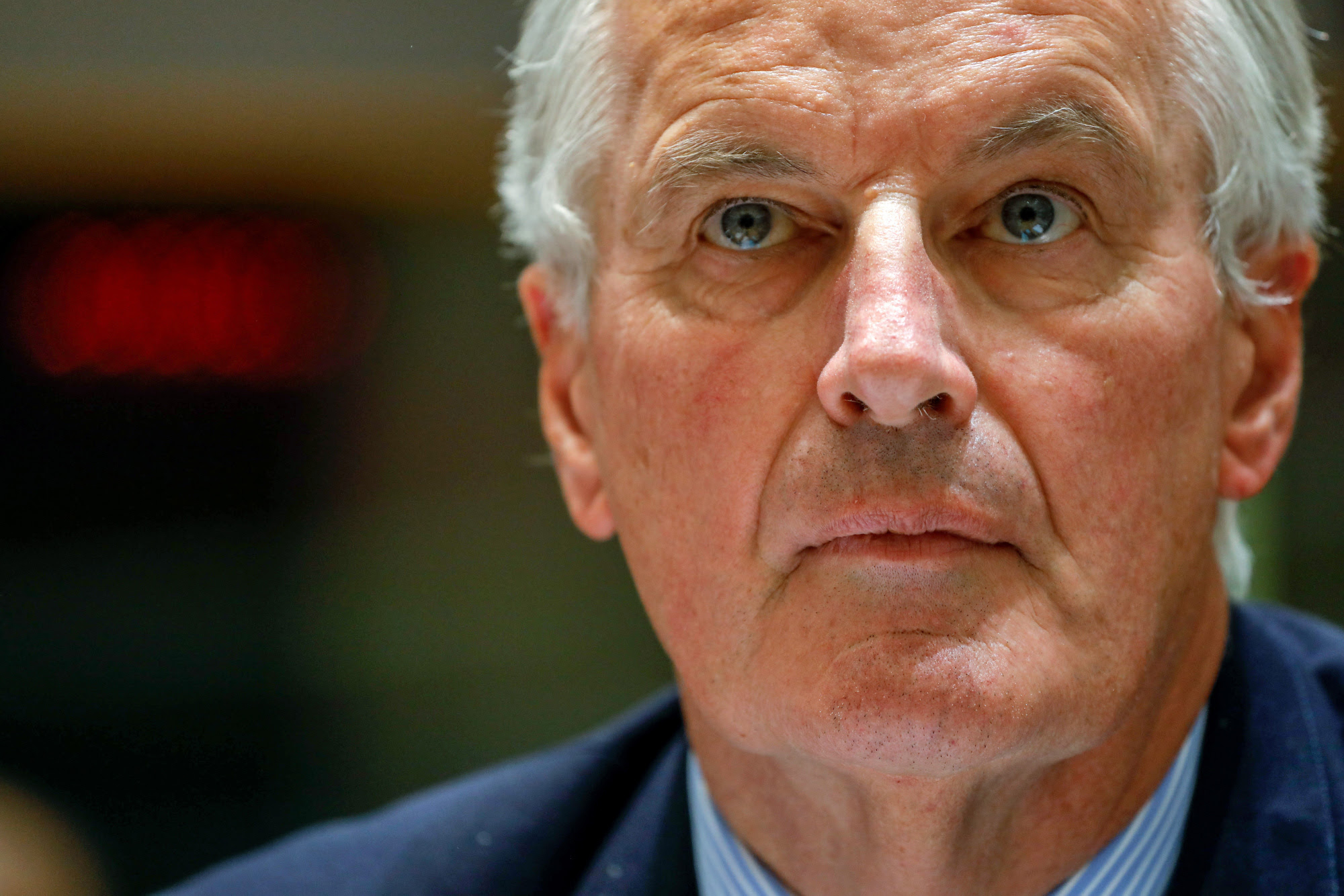Living on Boris Time
Foreign Secretary Boris Johnson walked away from the brink of resigning, clearing the path for Prime Minister Theresa May to engage with the European Union on Brexit.
Johnson will attend May’s speech in Florence on Friday and told the Guardian he is “mystified” by media reports he was close to quitting over her strategy towards the EU.
“Not me, guv,” he said. “I don’t know where it’s coming from, honestly.”
Peace was brokered on the fringes of the United Nations General Assembly in New York, which both May and Johnson are attending. One aide to May rejected the suggestion that she had made concessions to Johnson to win his support.
Now the focus turns to Florence. The EU is eager to discover more about where May stands on payments into the EU budget and how long she wants a transitional period to last. She will be hoping to do enough to unblock negotiations set to restart next week and increase the chances they will soon turn to a long-term trade deal.
The Financial Times reported that May will offer €20 billion ($24 billion) to fill a post-Brexit hole in the EU’s budget, the latest figure to be touted ahead of the speech. May on Monday declined to deny such sums.
Simon Kennedy

Clarity Please | Some 73 percent of firms in London told the Confederation of British Industry that uncertainty over Brexit is their top concern and 69 percent said they have developed or are developing contingency plans. Around a quarter said they are planning to move part of their operations abroad. “What we need is clarity and consistency,” Ken Frazier, chief executive of Merck, told May in New York. In an interview afterwards, he said he wanted to “understand what the regulatory requirements will be” after Brexit.
Brexit Economy | Confidence among small British firms and employers fell to the lowest level since the aftermath of the Brexit vote, according to two separate surveys. Rising labor costs, taxation and rent are all bolstering operating costs, the Federation of Small Businesses said. The Recruitment and Employment Confederation found that firms are concerned about filling vacancies in the future. Also U.K. house prices fell for a fifth month in August, dragging their annual gain to the weakest since 2012, according to Acadata.
Blair’s Warning | Former Labour Prime Minister Tony Blair said there is a 30 percent chance Brexit will be reversed, but warned a “hard Brexit” could result in a Socialist-leaning Labour government. “The risk that we face is if we do this hard Brexit, actually the economy will suffer, our public services will be under threat and you actually might end up in the U.K. with a Labour government frankly further to the left than any Labour government’s ever been,” Blair told Bloomberg.
Securities Watchdog | The top EU markets regulator is in line for an injection of sweeping new powers in part because the bloc is bracing for Brexit. The Paris-based European Securities and Markets Authority will directly supervise critical market infrastructure including derivatives clearinghouses, data reporting services providers and financial benchmarks, according to a draft bill that the European Commission plans to publish this week.
Research Wrap | Migration Watch U.K. said the EU’s demands for the future rights of their citizens would open a loophole in immigration controls because their nationals would have more extensive rights than Britons. Economist Gerard Lyons wrote Brexit could be as transformative to Britain as the 1846 repeal of the Corn Laws. John Springford of the Centre for European Reform said money is the U.K.’s strongest hand although it’s still a weak one.
Uniper | The German utility remains committed to the U.K. as long as Brexit doesn’t alter the way the energy market works. CEO Klaus Schaefer said the nation’s retreat from coal-fired generation will create opportunities for the German company, whose U.K. business spans power plants to natural gas storage and pipelines.
Liam Fox | The Trade Secretary writes for BrexitCentral that there is a “compelling case” for supporting overseas investment by U.K. firms and so the government is launching an insurance policy to help them do so.
On the Markets | The surging pound is a reason why the U.K.’s equities are missing out on a global stock rally. Our chart package shows how more pain could be in store given the market’s exposure to commodities and emerging economies.




Comentarios
Publicar un comentario